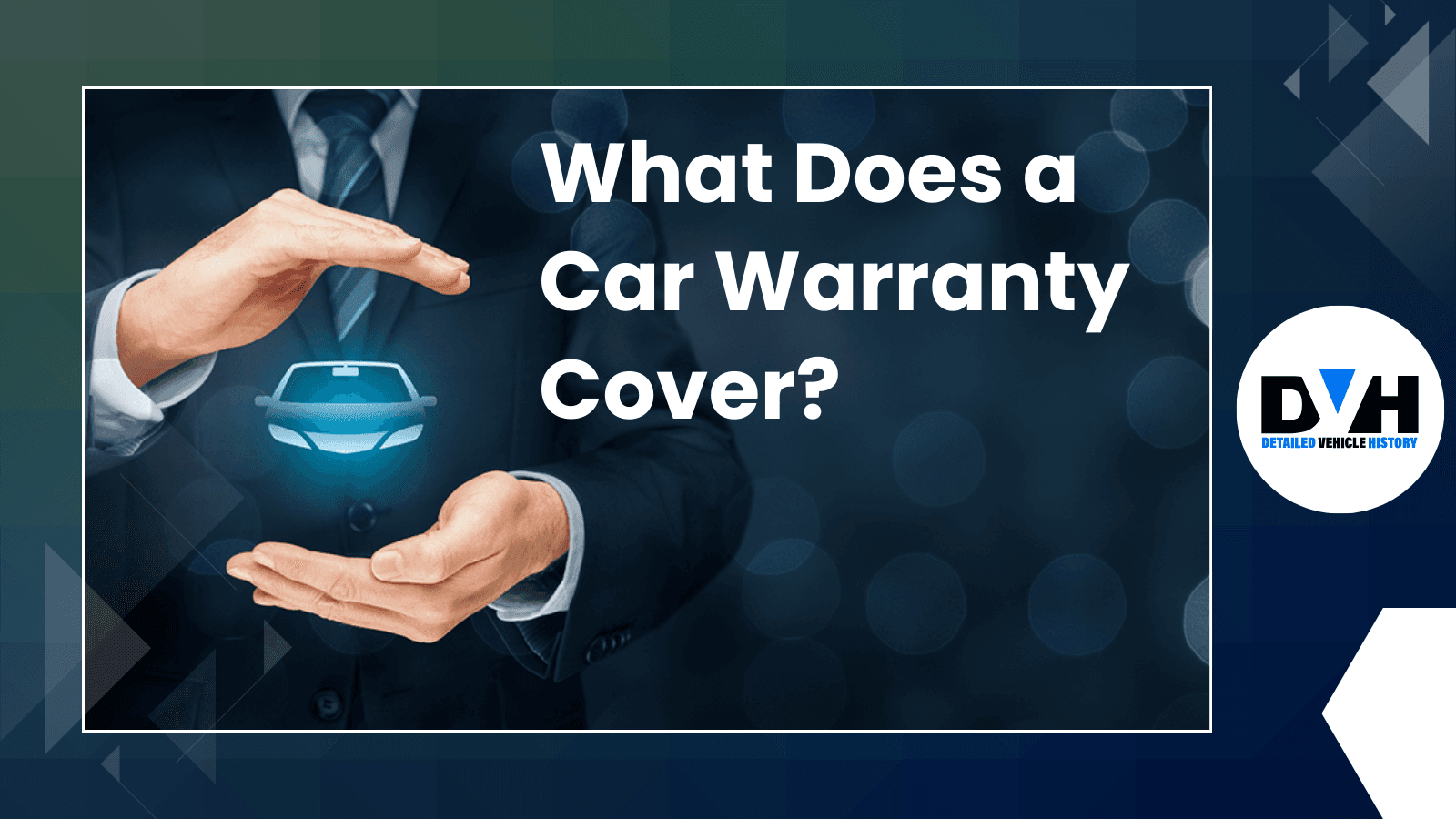How to Check a Vehicle's Warranty Status
You can check the warranty status of any new or used vehicle using either one of the following tools:
A Window Sticker by VIN Lookup
A window sticker provides valuable information about the car's features, specifications, and more, including warranty coverage. For new vehicles, the window sticker will typically display the manufacturer's warranty details, such as the length of the powertrain warranty, bumper-to-bumper coverage, and any additional warranties like corrosion or roadside assistance.
For used vehicles, window stickers help determine original warranty details or any remaining coverage if the original has expired.
To access this information, get a copy of the original window sticker using the window sticker with the VIN tool.
A VIN Check
Another effective method is performing a VIN check using our VIN decoder. Each vehicle has a unique VIN that contains critical information about its history and records.
A VIN check with Detailed Vehicle History will give you a detailed vehicle history report, which includes warranty status, past repairs, accidents, and even whether the vehicle has any remaining manufacturer warranty.
The report shows when the original warranty started, its type (powertrain, bumper-to-bumper), and the expiration date. For used vehicles, this tool is especially helpful in determining if any extended warranties are still in effect or if the car is eligible for warranty services.


